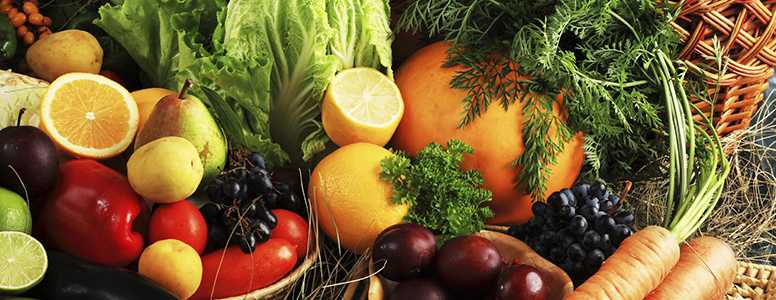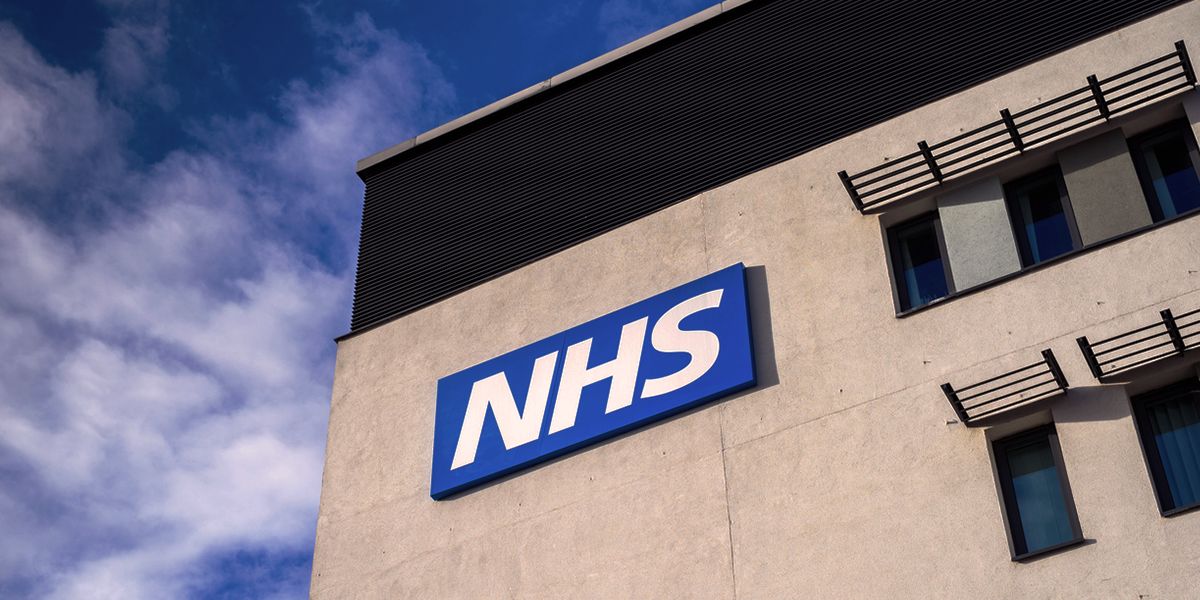For decades, processed food has been getting cheaper, while fruit and vegetables become more expensive. According to a new study by the Overseas Development Institute – a London-based think tank – this trend could be to blame for the huge rise in recent years of obesity and type 2 diabetes.
Between 1990 and 2012, the price of fruit and vegetables went up by as much as 91 per cent in Brazil, China, Korea, and Mexico. At the same time, the price of ready meals fell, in some cases by 20 per cent.
Similar pricing problems have been observed in the UK. Between 1980 and 2012, the price of ice cream went down by 50 per cent, while fresh vegetables became three times more expensive. According to the Overseas Development Institute, this is exacerbating the obesity crisis, and increasing rates of type 2 diabetes.
Obesity is one of the most significant health problems facing the world. It can cause a number of related health conditions, including heart disease, type 2 diabetes, stroke, and some forms of cancer.
The study suggests that taxing unhealthy foods and subsidising healthy ones could counter the increasing levels of processed food consumption in the UK, and in the rest of the world.
Mexico has seen efforts made to address the issue. Taxes on junk food have been imposed and, if they are successful, the rest of the world might follow suit.
The importance of healthy eating is consistently stressed; it is the best way to avoid obesity and its related health conditions, such as type 2 diabetes. But eating a healthy diet can be too expensive for many people, particularly when times are tough economically.
The study examined the relative costs of a number of different food types throughout the world, such as cereals, root crops, nuts and legumes, fish, dairy, fruit, vegetables, fat, sugars, meat, and processed foods.
Mexico, a country in which as many as 70 per cent of adults are obese, has seen ready meals become cheaper and non-starchy vegetables become more expensive. Brazil shows similar trends, with the consumption of crisps, biscuits, energy bars and sugary drinks rising significantly in recent years. A study published in Diabetes Care indicated that the prevalence of type 2 diabetes in Mexico is rising exponentially.
Green vegetables have doubled in price in China in the last 20 years.
The report attempted to explain why the changes in the relative price of healthy and unhealthy foods might be occurring. It suggests that cheaper transport and storage options for processed food could be responsible for its lower prices.
Although the report suggests that taxes and subsidies are the best ways to counter the problem, such measures have proved controversial in the past. Denmark tried the so-called “fat tax” in 2011, but it was quickly abandoned when a new government was elected. Research suggests that most people would be opposed to such a tax in the UK, despite it being the most obese country in Europe.
But something has to be done, according to major health organisations. Last week, the World Health Organisation (WHO) estimated that in 15 years time 75 per cent of men could be obese worldwide, and two-thirds of women.
“In Brazil, the consumption of ‘ultra-processed’ ready-to-eat food has risen from 80kg per person per year in 1990 to around 110kg per person per year by 2013,” said Steve Wiggins, one of the report’s co-authors.
“Using the weight of the food as a measure, this is equivalent to each person eating an extra 140 Big Macs a year.
Wiggins stressed the potential benefits of a tax/subsidy system in the UK:
“Research in the UK in 2009 predicted that imposing a VAT-style 17.5 per cent tax on less healthy food and using the proceeds to subsidise fruit and vegetables would save between 3,600 and 6,400 premature deaths a year from diet-related disease.
“Even the lower estimate (3,600) is more than twice as many as the amount of people that die on the roads in the UK and a huge effort is put into road safety.”
What's new on the forum? ⭐️
Get our free newsletters
Stay up to date with the latest news, research and breakthroughs.







